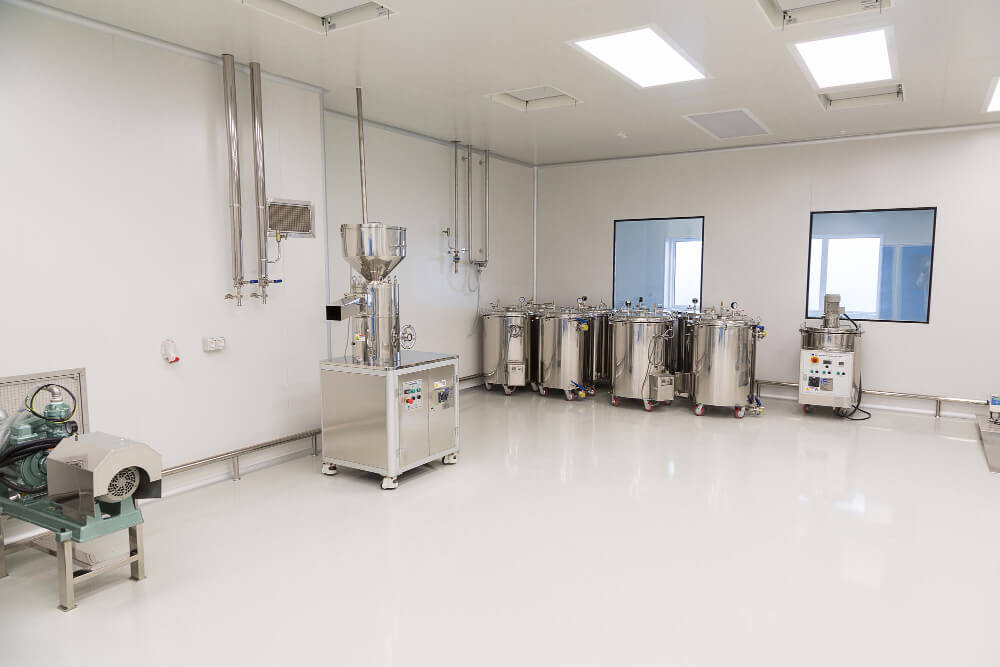Request A Quote
41 Spring Hill Rd, Saco,
ME 04072
ME 04072
LAW understands the criticality of the key components related to your calibration programs for the BIOTECH sector, including-

We offer professional calibration services in the following regions